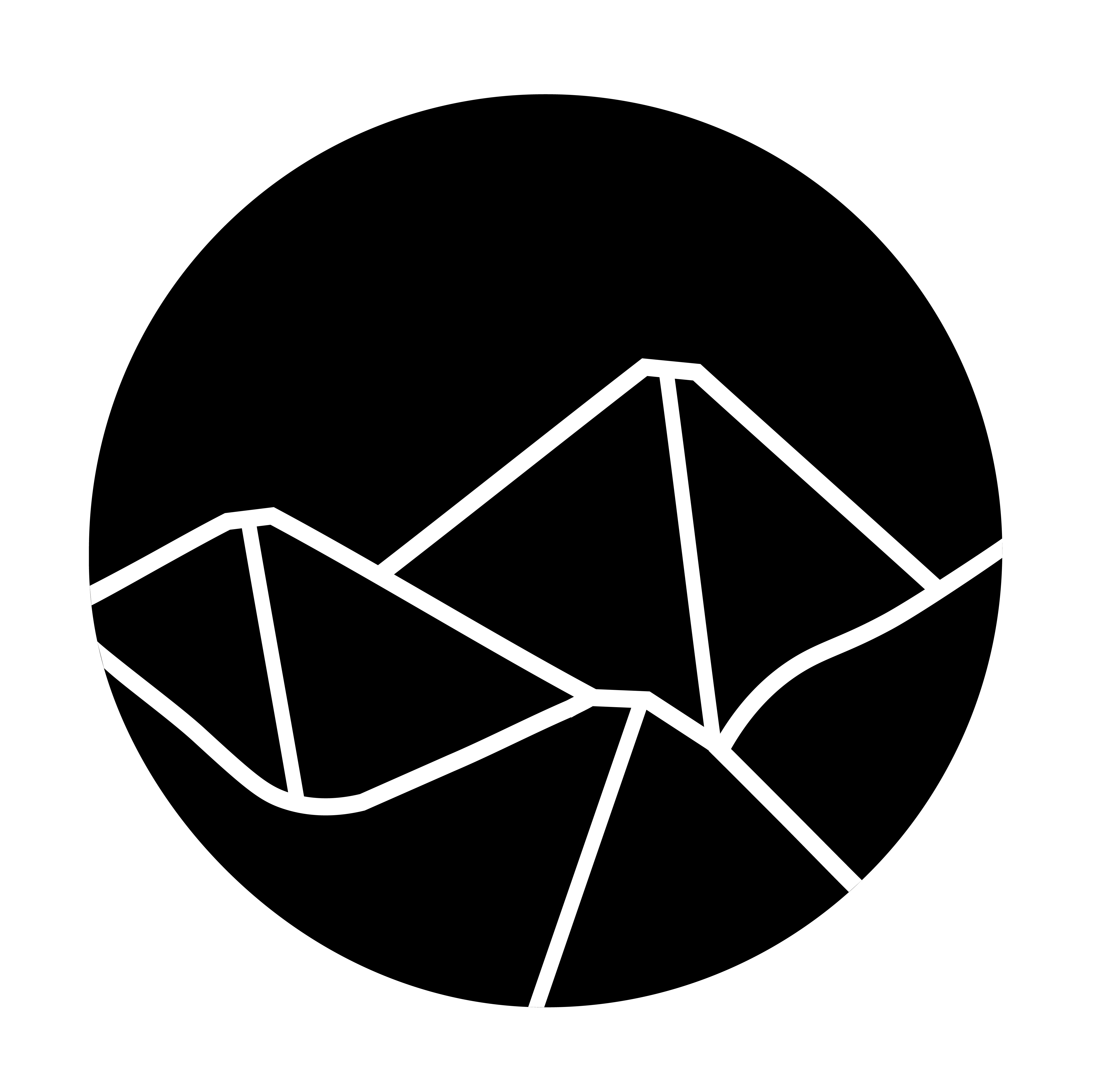


Using film, photography, research, science, and data visualization, we are creating a new model for collaborative reporting that challenges traditional industry power dynamics and uses long-form, multimedia projects to immerse audiences in news that feels like an experience.
Founded during the pandemic in April 2020, The Home Collective was created as a decade-long experiment to create a global record of the human experience with home through slow journalism and multidisciplinary collaboration. We fundamentally believe in the power of intersectional storytelling to transform perspectives and impact policymaking.
We operate as both a global collective and an independent publishing platform to pioneer long-term documentary projects around some of the most defining issues of our time including the climate crisis, displacement crisis, nationalism, Indigenous land rights, the housing crisis and more.
The Home Collective is supported with grants from the National Geographic Society, Getty Images, IWMF, Adobe, and the Solutions Journalism Network, to name a few. Our work has been published in the Washington Post, CNN, Buzzfeed News, BBC, NPR, PBS Newshour, Huffington Post and more.
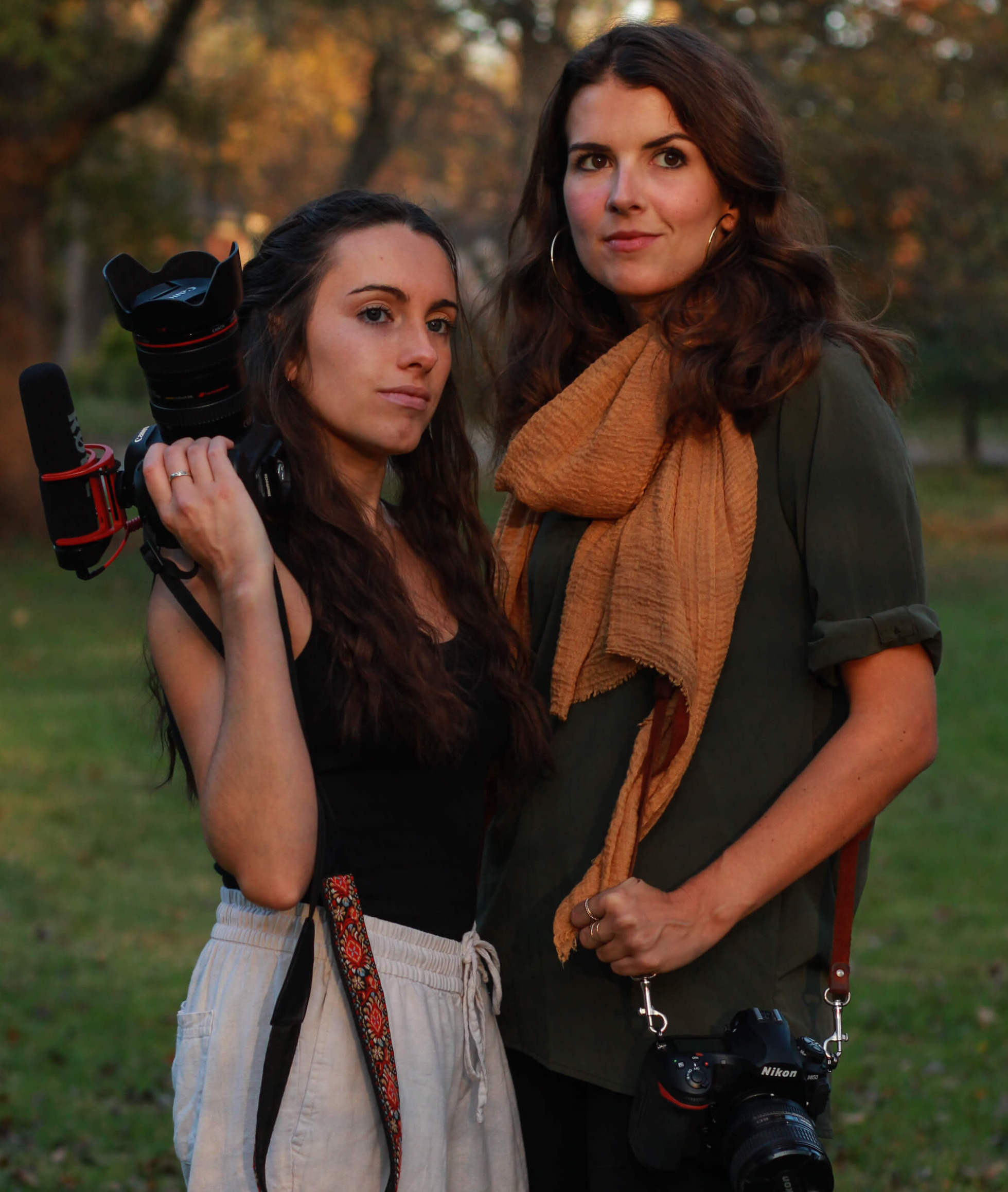
Darian is a National Geographic Explorer and award-winning documentary filmmaker exploring stories at the nexus of memory, environments, and defining home that occur at pivotal moments in history but are often missing from the headlines. She has spent the past few years studying Indigenous land rights and social issues in the Southern Cone of South America.
Hailey is a National Geographic Explorer, Research Fellow, and documentary photojournalist who is drawn to narratives around intergenerational trauma, historical memory, and defining home, particularly in the aftermath of conflict and forced displacement. She has spent her early career documenting the refugee crisis and post-conflict stabilization in the Middle East and holds a masters degree in international conflict at Johns Hopkins School for Advanced International Studies.

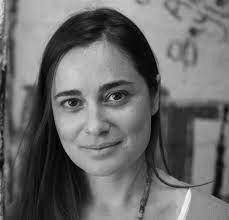
Bruna is an activist, public speaker and writer from Brazil who focuses on forced displacement and climate change. Bruna designed and co-founded Circles of Hospitality, an organization that develops social, cultural and educational initiatives for refugees, asylum seekers and vulnerable immigrants in Florianópolis, Brazil.
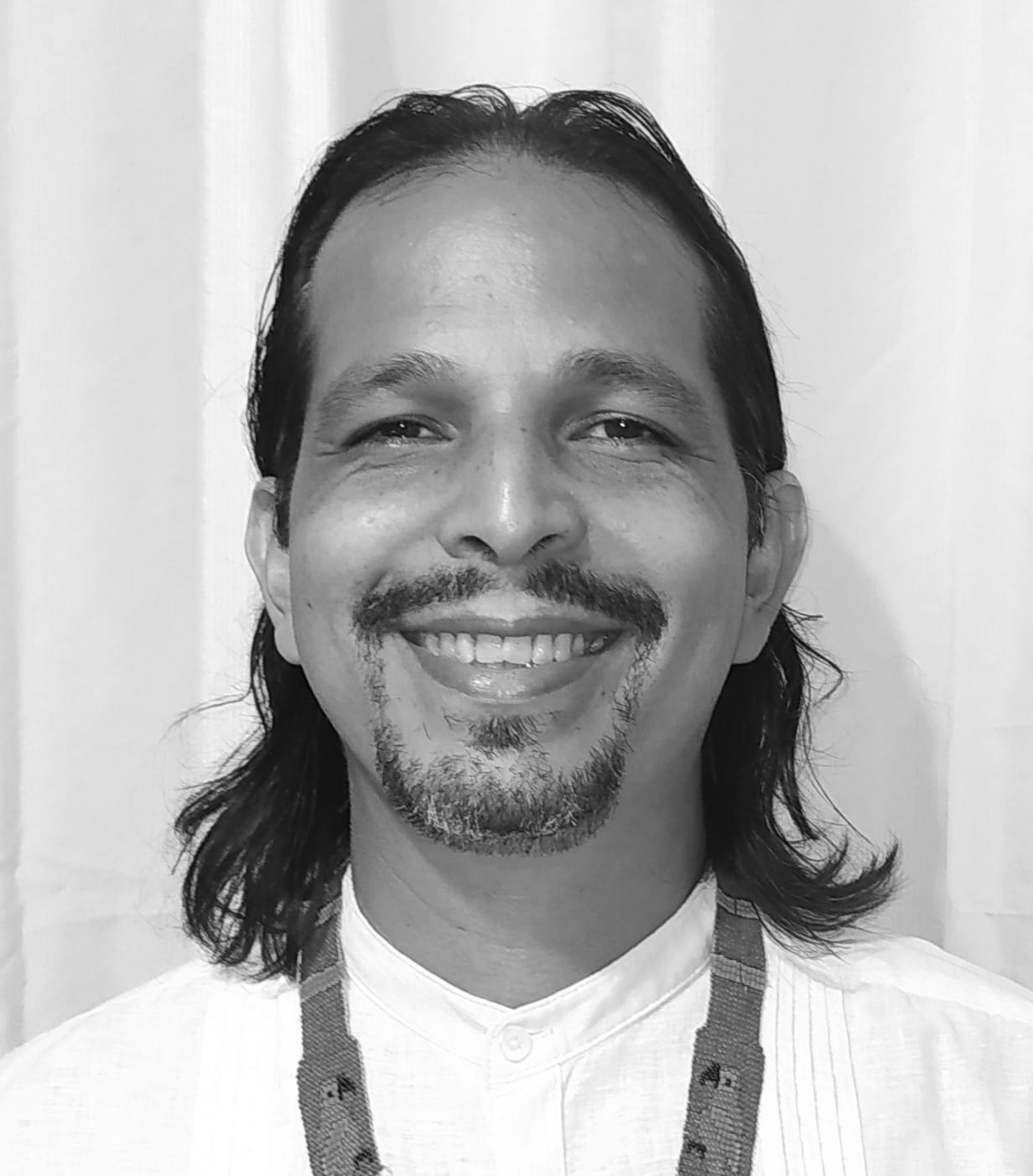
José Albarrán is a Venezuelan human rights activist based in Brazil. He works on the front lines of care for immigrants and refugees by offering humanitarian interpretation and intercultural mediation with Venezuelan Indigenous people of the Warao ethnic group.

Leany is an Indigenous Warao community leader and activist. She works as an educator, social service worker and Indigenous community representative and advocate.
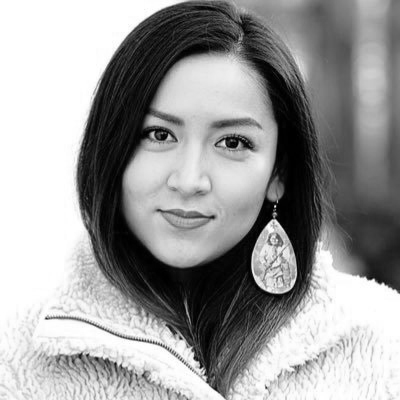
Allie Young is a powerful activist and filmmaker focusing on Diné cultural preservation, political representation, and voting rights. She is the founder of Protect the Sacred and is a Program Officer at Harness, which is focused on mobilizing Diné youth to advocate for indigenous-led solutions.
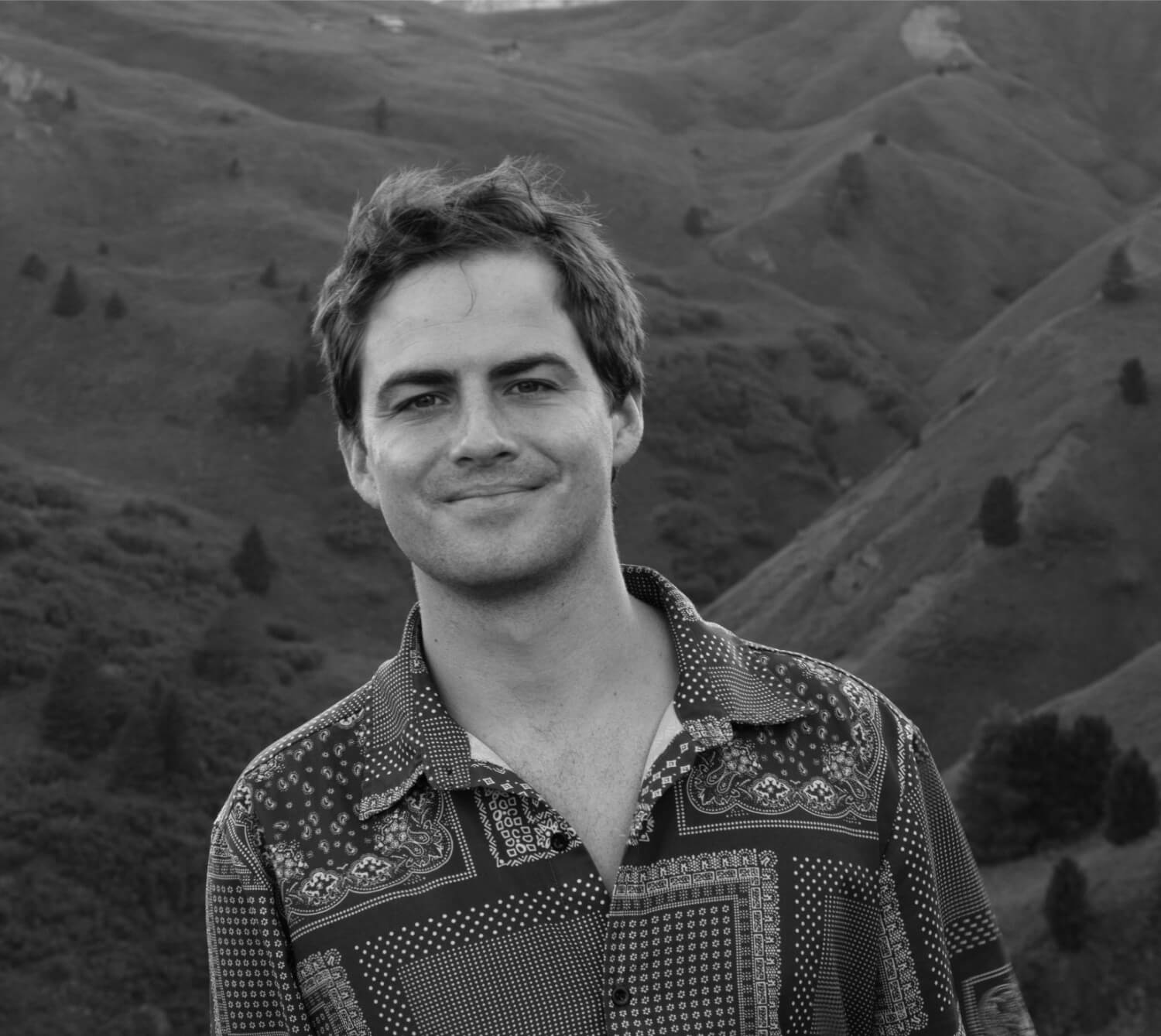
Leo is an award winning neuroscientist and scientific communicator from The University of California at San Francisco (UCSF), previously at the National Institutes of Health whose research focuses on how memories are created, stored, expressed, and manipulated in the brain.

Nadia is an Argentine film producer, playwright and teacher with a Master's degree in Performing Arts from Universidade Federal do Maranhão. She has also served as a programmer for various Latin American film festivals.

Hunter is an independent sound designer and engineer also specializing in software engineering in San Francisco, California. He focuses on immersive soundscapes on films such as "Existimos en la Memoria".
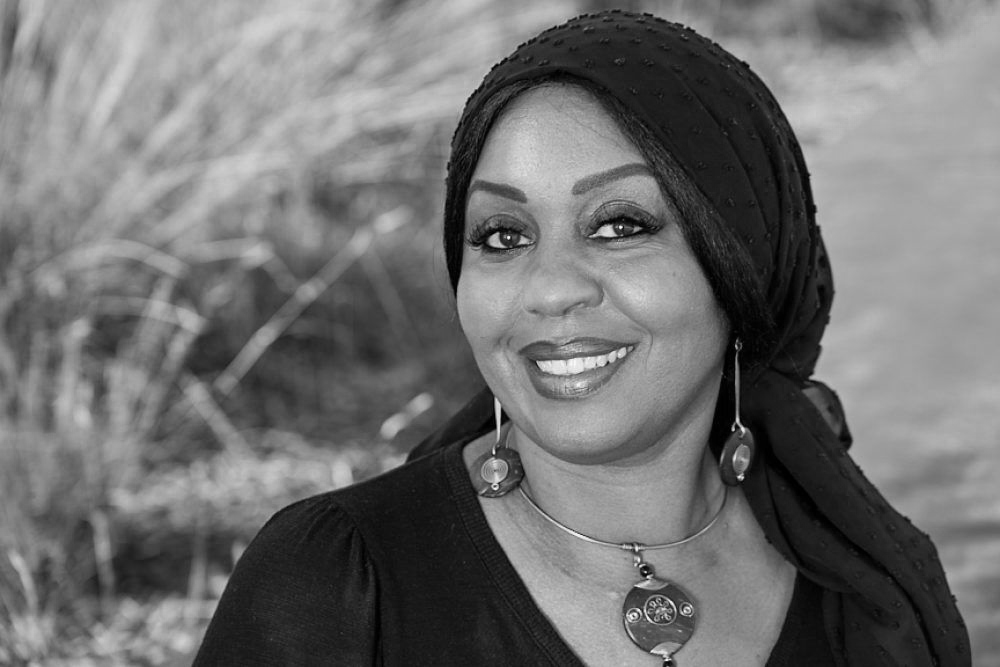
Hana Baba is an award-winning Sudanese American public radio journalist- the longtime host of Crosscurrents, the daily newsmagazine on NPR station KALW in San Francisco. She is also co-creator and co-host of The Stoop podcast that tells stories from across the Black Diaspora, and creator and storyteller of the podcast Folktales from Sudan. Hana’s work has won awards from the National Association of Black Journalists , the San Francisco Press Club, the Society of Professional Journalists, the Signal Awards, among others.